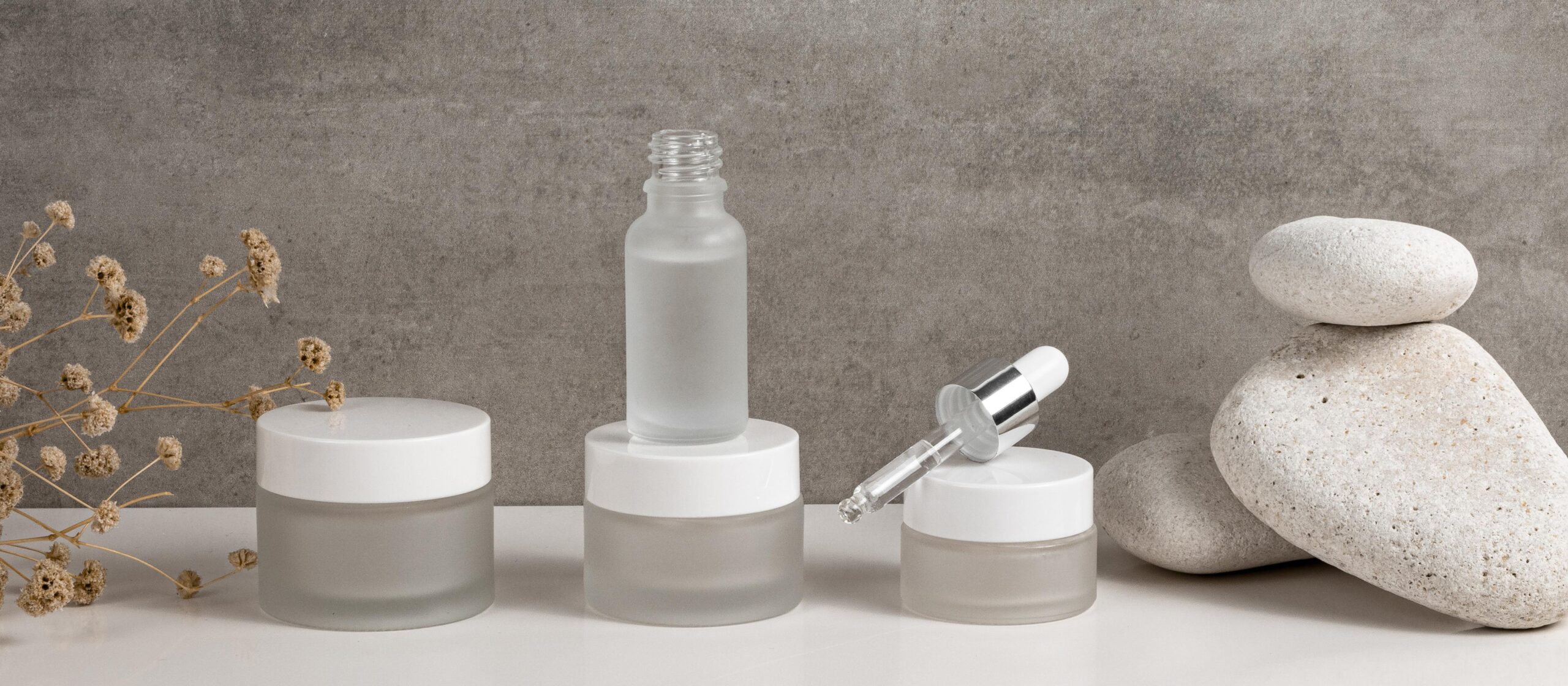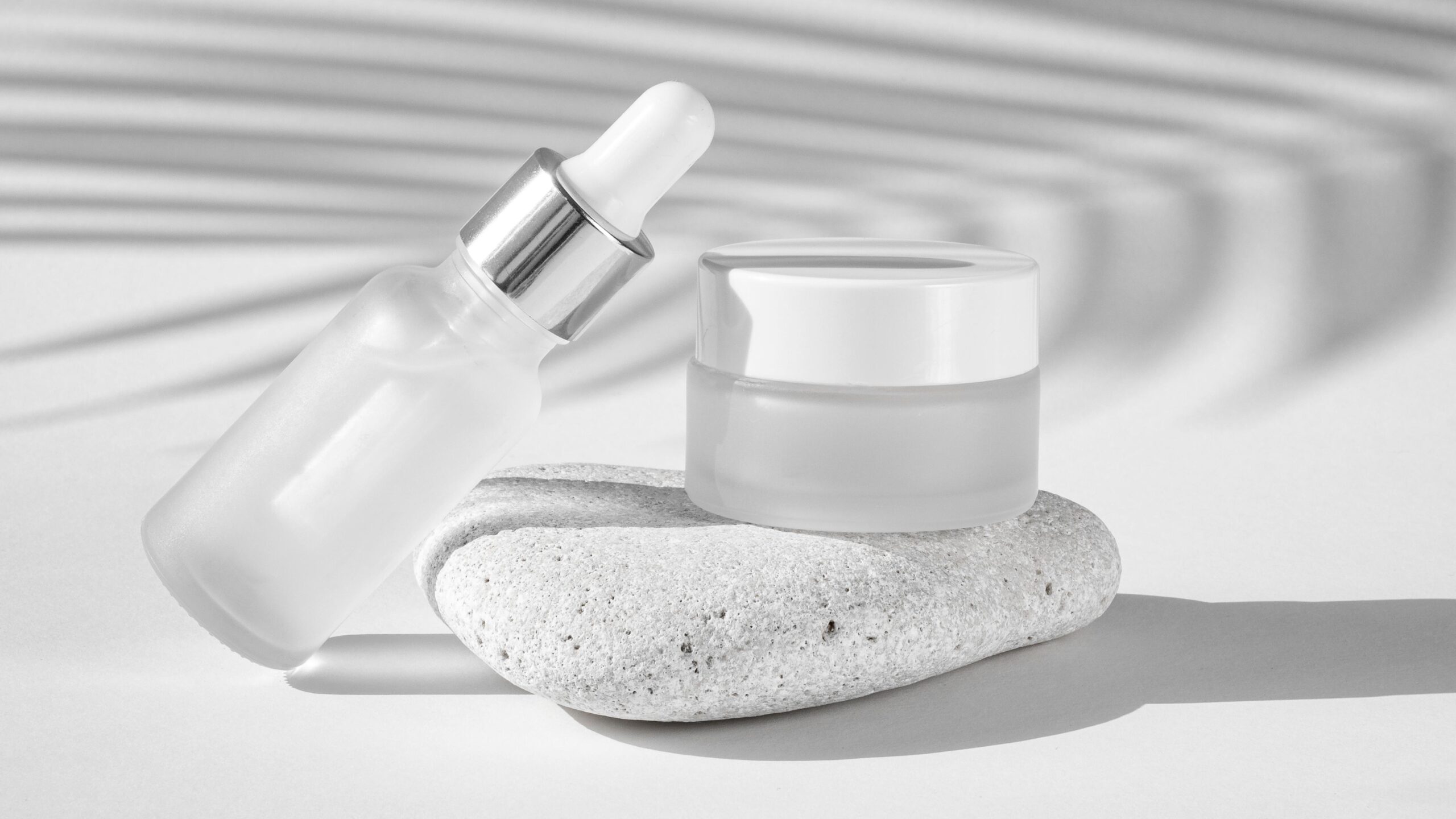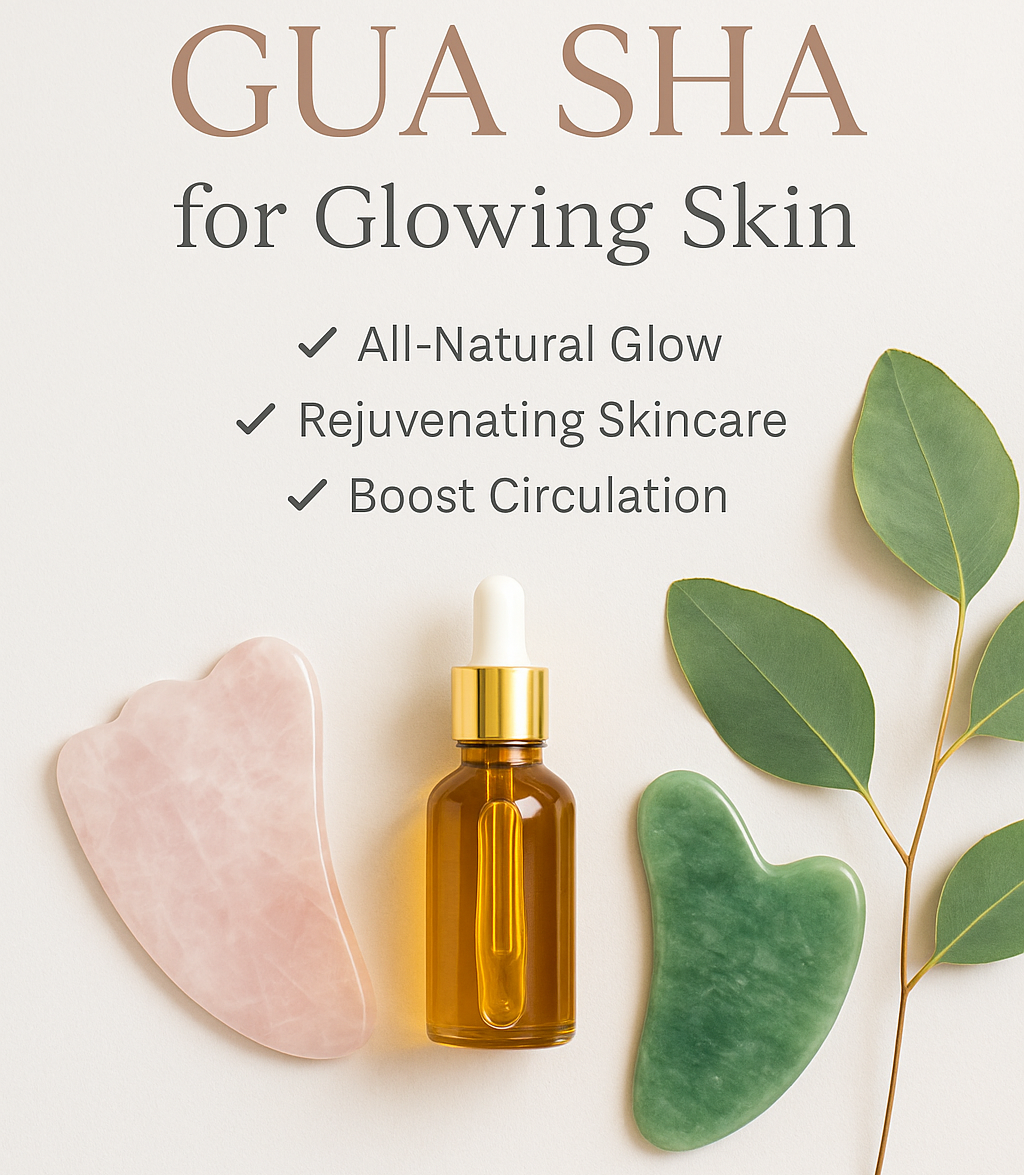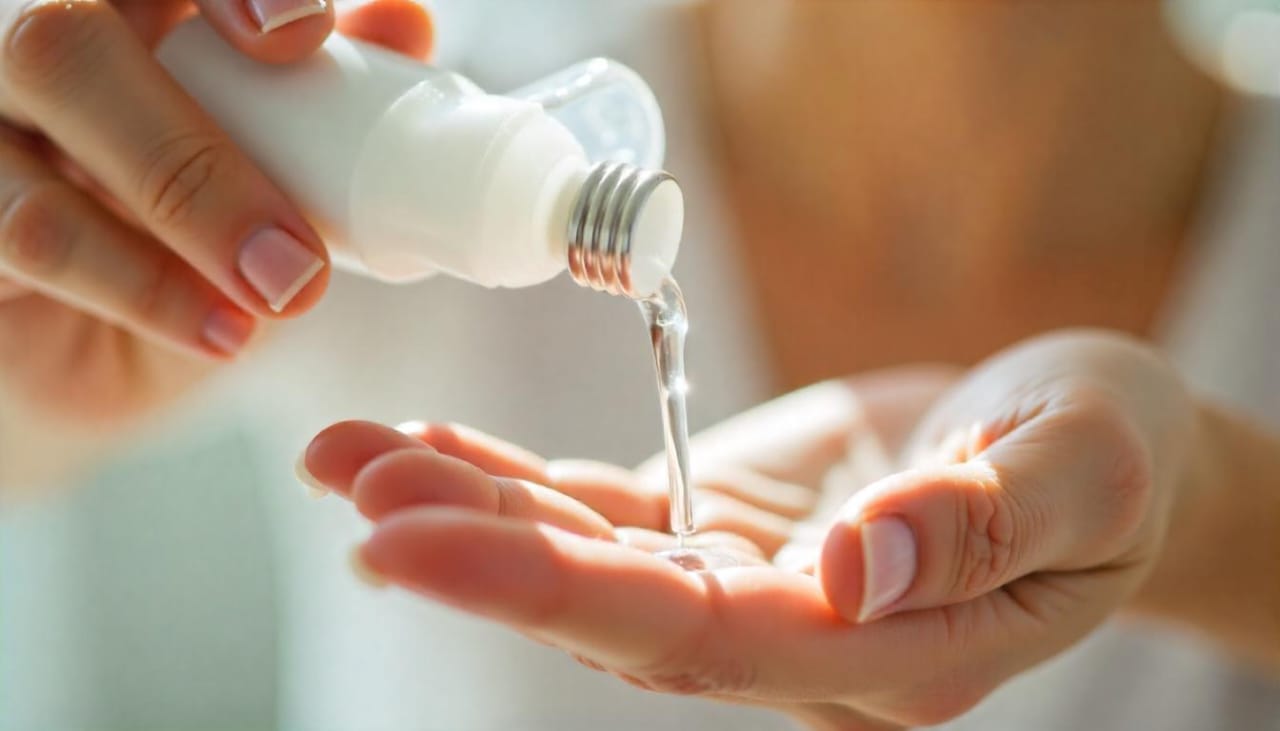Everyone wants that natural, radiant glow—but achieving glowing skin isn’t just about what you put on your face. It’s a result of internal health, skincare science, and consistent habits. Let’s break down the science behind glowing skin and how you can unlock your skin’s natural luminosity.
What Is “Glowing Skin,” Scientifically Speaking?
In scientific terms, glowing skin means well-hydrated, smooth, and evenly toned skin with good circulation. It reflects light evenly, appears plump and supple, and lacks inflammation or dullness. Healthy skin cells and a strong skin barrier are key.
The Skin Barrier: Your Glow Foundation
Your skin’s outermost layer—the stratum corneum—protects against environmental stressors and locks in moisture. When your barrier is healthy, skin looks vibrant. A damaged barrier, on the other hand, results in dryness, redness, and dullness.
How to strengthen it:
- Use moisturizers with ceramides, fatty acids, and cholesterol
- Avoid over-exfoliating
- Apply SPF daily to prevent UV damage
Hydration: The Secret Ingredient to Radiance
Hydrated skin = glowing skin. Water improves elasticity and gives the skin a dewy finish. Dehydration makes fine lines more visible and the skin appear tired.
Top hydrators in skincare:
- Hyaluronic Acid: draws water into the skin
- Glycerin: a humectant that locks in moisture
- Aloe Vera: soothes and hydrates
Pro tip: Drink enough water daily and use a hydrating serum and moisturizer.
Exfoliation: Boosting Cell Turnover
Skin naturally sheds dead cells, but this process slows with age. Gentle exfoliation speeds it up, revealing brighter, newer skin cells beneath.
Types of exfoliants:
- AHAs (like glycolic acid): great for brightening
- BHAs (like salicylic acid): ideal for oily/acne-prone skin
- Enzymes (like papaya extract): gentle and plant-based
Limit exfoliation to 1–3 times per week to avoid irritation.
Antioxidants: Protect and Repair
Your skin battles free radicals daily—unstable molecules from pollution, UV rays, and stress that can cause dullness and aging. Antioxidants neutralize them and help your skin repair.
Top antioxidants for skin:
- Vitamin C: brightens and protects
- Niacinamide: evens tone and reduces redness
- Green Tea Extract: soothes and shields
Sleep & Nutrition: Your Internal Glow
Beauty sleep is real. Skin repairs itself during deep sleep, producing collagen and fighting off stress hormones.
Eat for glow:
- Omega-3 fatty acids (like in flaxseed or salmon) to reduce inflammation
- Vitamin E and C for protection and repair
- Zinc to fight acne and support healing
And don’t forget your 8 hours of rest—lack of sleep shows up on your face fast.
Sunscreen: The Glow Preserver
UV rays are the #1 cause of premature aging and dullness. Applying broad-spectrum SPF 30+ daily keeps your skin even-toned, smooth, and luminous over time.
Stress & Hormones: The Skin Connection
Chronic stress and hormonal imbalances can lead to breakouts, dryness, or oiliness. Managing stress through mindfulness, movement, and a healthy lifestyle plays a huge role in achieving that glow from within.
Final Thoughts
Glowing skin isn’t a myth or magic—it’s science and self-care. By understanding how hydration, protection, nutrition, and stress affect your skin, you can build a skincare routine that actually works.
Consistency is key. With time, care, and the right knowledge, that lit-from-within glow is yours to keep.





